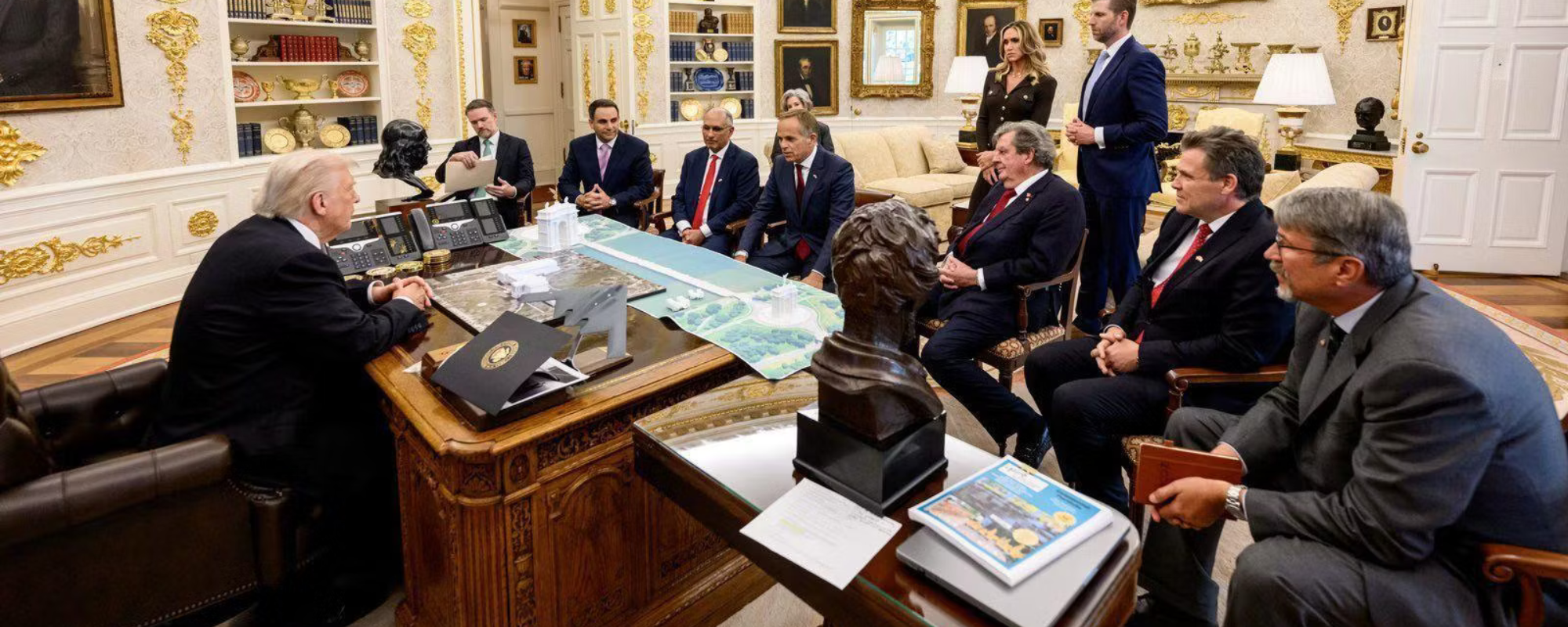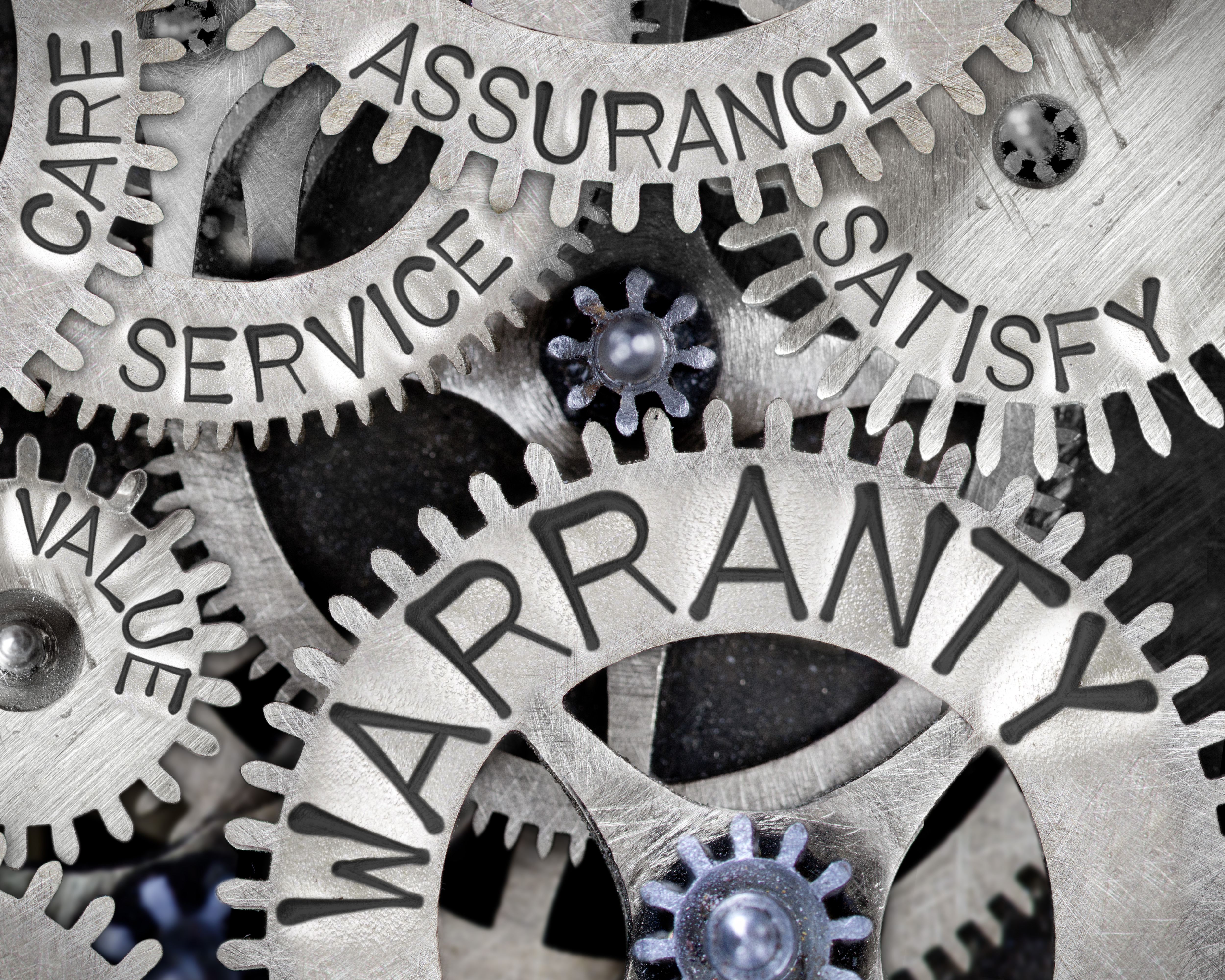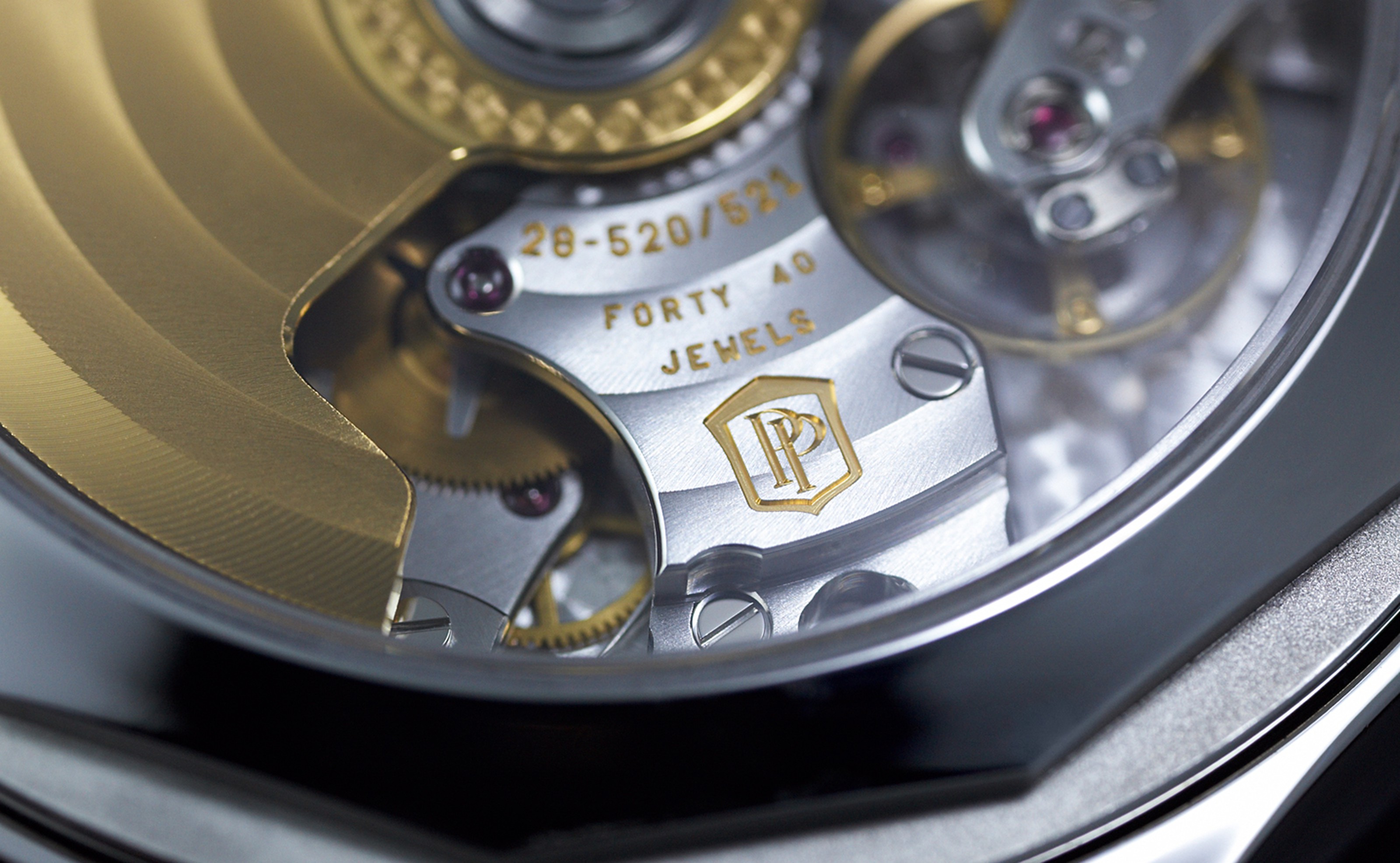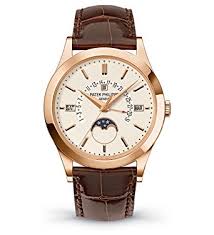A few days ago, Jean-Frédéric Dufour, the force behind Rolex, and Johann Rupert, the man steering Richemont, made a trip to Washington. Both are among the most influential people in the Swiss watch industry, yet neither is known for being super public. So when they show up in the same room as Donald Trump, people notice.
The meeting was part of a broader discussion about trade relations between Switzerland and the U.S. The tone, from what’s been reported, was more playful than political. Trump cracked a line that could only come from him: “The Swiss don’t need tax havens - they’ve got their watches.”
A typical Trumpism - half joke, half compliment, and oddly on point.
A Meeting that Reflects the Times
The Swiss watch industry isn’t used to diplomacy. It usually lets their watches do the talking. But lately, global trade has become more unpredictable. Between tariffs, shifting currencies, and the rise of U.S. manufacturing talk, even watch executives are finding themselves pulled into political rooms.
Rolex and Richemont are giants. Together, they represent a huge portion of the Swiss luxury ecosystem. When their leaders meet a U.S. president, it signals something big. Don’t be fooled, this is about keeping the door open for smooth trade in a market that buys more Swiss watches than almost anywhere else.
Dufour and Rupert: Two Different Paths, One Goal
Dufour is famously reserved. You’ll rarely find him doing interviews or public appearances. His focus is always on consistency - keeping Rolex THE luxury watch brand. Every decision seems to serve one purpose: protecting the brand’s long-term identity.
Rupert, on the other hand, plays the long game in a different way. As the head of Richemont, he oversees names like Cartier, Vacheron Constantin, and IWC. His focus extends beyond individual brands; he thinks in terms of luxury as an ecosystem.
They may lead differently, but both share a single vision: making sure that Swiss watchmaking is respected everywhere.
The Global Stage of Swiss Craft
When leaders of the luxury watch world meet political figures, it’s never just about taxes or trade. It’s about reminding everyone that Swiss craftsmanship isn’t a luxury to be taxed, but a cultural export worth protecting.
The quote Trump threw out about watches and tax havens probably earned a few polite laughs in the room. But behind it lies an odd truth: Swiss watches are a kind of national currency. They represent the country’s image abroad better than any policy statement ever could.
A Quiet Reminder
Neither Dufour nor Rupert will likely make a big public statement about this meeting. That’s not their style. Their influence comes from silence, from letting their brands speak. A Rolex on a wrist or a Cartier on a red carpet already tells the story they want to tell.
Still, this meeting acts as a reminder that the world of high horology doesn’t exist in a bubble. Even the most traditional industries are feeling the pull of politics, trade, and global power shifts.
Swiss neutrality may be an ideal, but maintaining it in today’s climate takes a lot of work.
The Takeaway
This wasn’t a groundbreaking summit. No massive deal, no fiery debate. But it showed something subtle: Swiss watchmaking still matters on a global scale, far beyond collectors and enthusiasts. It’s part of a country’s identity, economy, and soft power.
And if keeping that position means occasionally sitting down with a man known for shaking things up, then so be it.
Because at the end of the day, the Swiss may not need tax havens, but they sure know the value of time.



